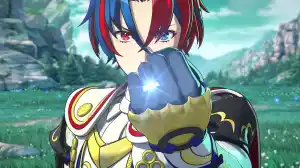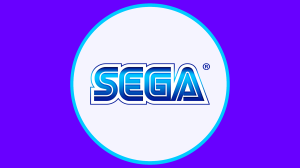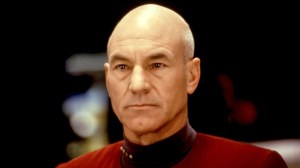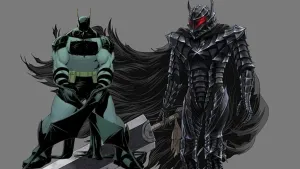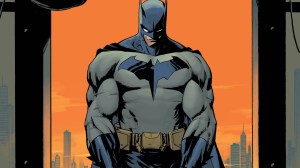Strategy RPGs have a special place in my heart, especially Nintendo’s Fire Emblem. It’s a genre that rewards patience, foresight, and emotional investment in every unit that takes the field. While most Nintendo fans know about Fire Emblem and Advance Wars, there is another title buried in Nintendo’s history. This tactical gem was a GameCube great, but sadly faded into obscurity. It had all the makings of a major franchise: bold gameplay innovation, striking design, and immense potential. But in the end, Nintendo walked away too soon.
Videos by ComicBook.com
For players who lived through the GameCube and Wii eras, Battalion Wars was a bold reimagining of what a Nintendo strategy game could be. It fused the high-level planning of Advance Wars with the real-time action intensity of a shooter, creating a hybrid that felt far ahead of its time. It tried to modernize the genre, make it faster, more cinematic, and more accessible. And for a brief moment, it looked like Nintendo had found Fire Emblem’s first true rival.
The Rise and Fall of a Tactical Experiment
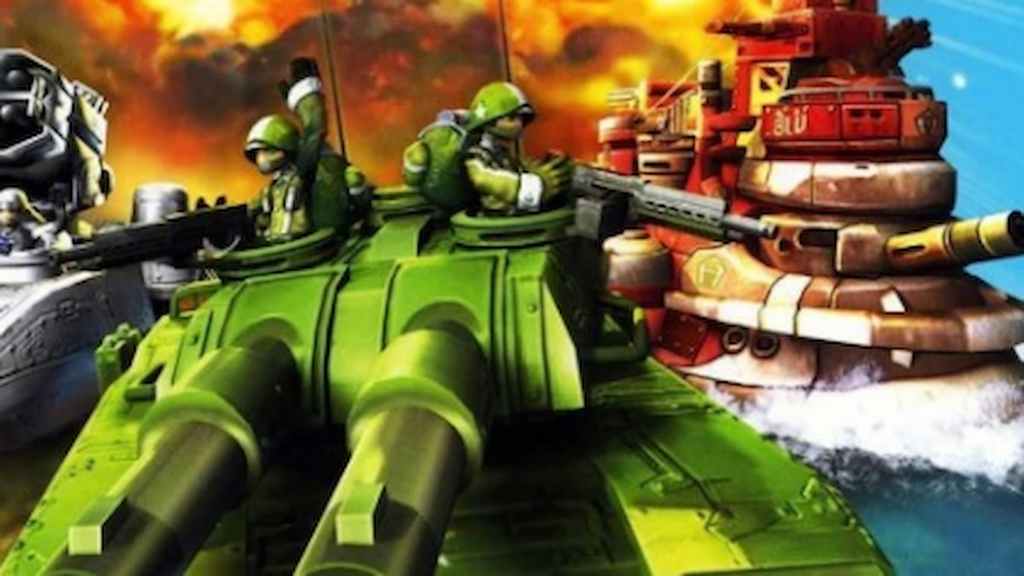
Released for the GameCube in 2005, it fused real-time combat with tactical control, allowing players to command squads of soldiers, tanks, and aircraft across sprawling battlefields. You weren’t just issuing orders; you were in the fight. You could switch between units, flank enemies, and manually lead charges, all while maintaining strategic oversight.
At the time, this felt revolutionary. For fans like me, who had spent years playing Advance Wars on handhelds, Battalion Wars was like seeing that world come alive in 3D. The cartoonish art direction and exaggerated military tone gave it a playful identity, not unlike Advance Wars, but with cinematic energy that could rival bigger console titles. It was easy to imagine Nintendo building a full-fledged tactical universe around it.
And for a while, it seemed that might happen. The sequel, Battalion Wars 2, arrived on the Wii in 2007 with online multiplayer, naval battles, and refined mechanics. It was a clear step forward, showing that the series had long-term potential. Yet, despite positive reviews and a dedicated fanbase, Nintendo quietly moved on. The series vanished after just two entries, leaving players wondering what could have been.
In hindsight, it’s easy to see why. Nintendo’s focus was shifting. The Wii era brought in a broader, more casual audience. Games like Wii Sports, Mario Kart Wii, and New Super Mario Bros. defined the company’s brand for years. Tactical combat, even in a fun, accessible package, no longer fits the mainstream strategy. But for fans of Advance Wars and Fire Emblem, it felt like a missed opportunity. Had the game come after the resurgence of Fire Emblem: Awakening, it might have had a different history.
Battalion Wars Is a Legacy Worth Reviving
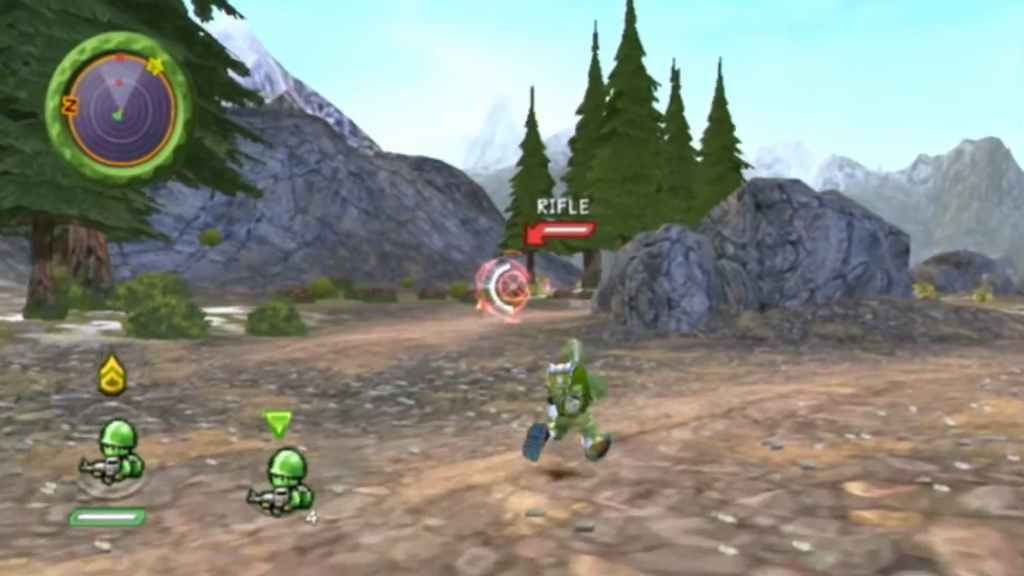
When you look at Nintendo’s modern lineup, its tactical offerings are surprisingly thin. Fire Emblem remains strong, arguably stronger than ever, with Three Houses and Engage pushing the series to new heights and Fortune’s Weave on the horizon. But outside that, the strategy landscape feels barren. Advance Wars has only just resurfaced with Re-Boot Camp, and nothing else truly fills the space between those two giants.
That’s where Battalion Wars could have thrived. It occupied a unique middle ground, less punishing than Fire Emblem, more active than Advance Wars. In many ways, it foreshadowed modern hybrid genres, like real-time tactics in Company of Heroes or command-driven strategy games such as Pikmin 4. With today’s hardware and online connectivity, it’s easy to imagine a modern Battalion Wars thriving as both a co-op strategy game and a competitive multiplayer experience.
My memories of Battalion Wars remain vivid: I remember the rush of switching from a tank to a squad of infantry mid-battle, coordinating attacks on enemy strongholds, and the satisfaction of pulling off a perfectly timed assault. It had the same sense of tactical triumph I got from Fire Emblem’s toughest missions, just with the added thrill of being in the trenches and less fear of permadeath.
Yet, Nintendo never gave it the chance to grow. Despite the sequel’s improvements, the company never marketed it aggressively or positioned it as a tentpole franchise. In a genre that demands investment, both from developers and players, Battalion Wars was left to fade away quietly. And that’s a shame, because it represented something that could have thrived today.
The Tactics Nintendo Forgot
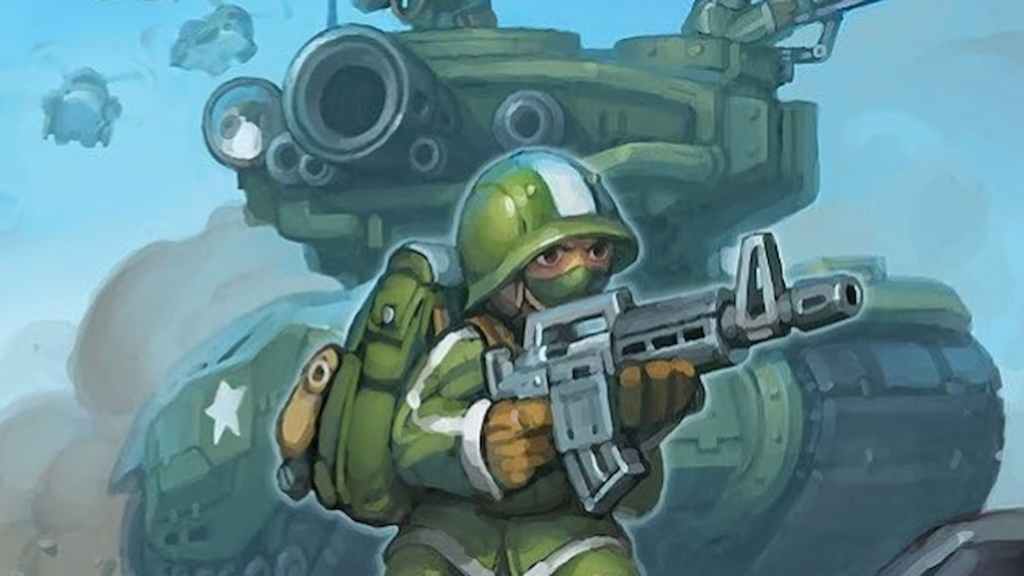
Today, as strategy games experience a quiet resurgence, the absence of Battalion Wars feels even more glaring. Indie titles like Dark Diety 2, Wargroove, Into the Breach, and Triangle Strategy have proven that there’s still a hungry audience for smart, tactical design. And with Fire Emblem carrying the weight of the genre on Nintendo’s shoulders, it’s hard not to wonder what could have been if the company had continued its other strategy series.
Nintendo could have pushed this franchise beyond just one sequel, refining its real-time systems and deepening its tactical layers. Imagine a modern version with cooperative campaigns, dynamic maps, and competitive modes that blend shooter instincts with strategic planning. It could have been a modern medieval game like Mount and Blade. It could have stood beside Fire Emblem as a complementary vision of what strategy gaming can be.
Instead, it remains one of Nintendo’s great “what ifs.” A bold idea that arrived too soon, asking players to see strategy not as a slow, deliberate chess match but as something vibrant and immediate. For those of us who loved both Fire Emblem’s emotional storytelling and Advance Wars’ satisfying structure, Battalion Wars offered a thrilling middle ground.
Two decades later, its legacy lingers quietly, remembered only by fans who recognize what it was trying to do. In the history of Nintendo’s strategic experiments, it stands as both an achievement and a cautionary tale, proof that even great ideas can be forgotten if they’re not given the time to grow or arrive too soon.
What do you think? Leave a comment below and join the conversation now in the ComicBook Forum!

